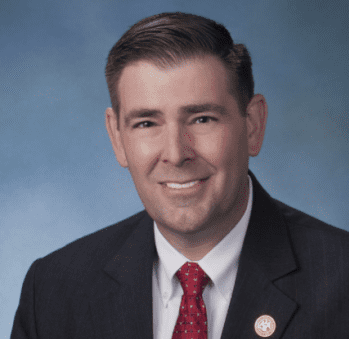
By: Commissioner of Agriculture and Commerce Andy Gipson
This week, the 40th anniversary of National Crime Victims Rights Week (NCVRW), I find myself reflecting on not only the trauma, but the resiliency of Mississippi’s crime victims.
At the Mississippi Department of Agriculture and Commerce, our law enforcement division – the Ag Theft Bureau – works with farmers who are victims of crime. Those crimes could be timber theft, or cattle rustling, or stolen farm equipment. Sometimes it involves the killing of livestock and farm animals. While serious crimes, many times Ag Theft can recover stolen property or help a farmer use the Courts to recoup financial losses.
But when a crime harms a person directly, that person or their family are not as easily made whole. In the legal system, I have seen firsthand how frightening and confusing it can be for victims, who are often still grieving and recovering, to navigate the criminal justice systems. During my time in the Mississippi legislature, I was proud to always vote in favor of legislation that would best serve victims of crime, including Marsy’s Law, a constitutional amendment that would provide equal and enforceable protections for victims. I also voted to strengthen victims’ rights by requiring the parole board to notify victims before hearings.
I have seen victims of crime failed to be notified of criminal release, unaware of hearings, and be retraumatized by the justice system. Victims often fall through the cracks of our system and National Crime Victims Rights Week is an opportunity to recommit ourselves – as citizens and public servants – to standing with those that have experienced the unthinkable.
Here in Mississippi, we have made much progress over the years in standing up for victims, but we still have far to go. This week, April 18 through April 24, the Department of Agriculture will be lighting the Mississippi Coliseum in purple light to remember victims of crime.
We honor these victims and their rights – including the right to be heard and to be treated with fairness, dignity, and respect. Our community’s continued engagement and recognition of the challenges faced by victims ensures that the progress made to date is not lost, and that we look ahead to opportunities to gain greater justice and healing for all victims.









